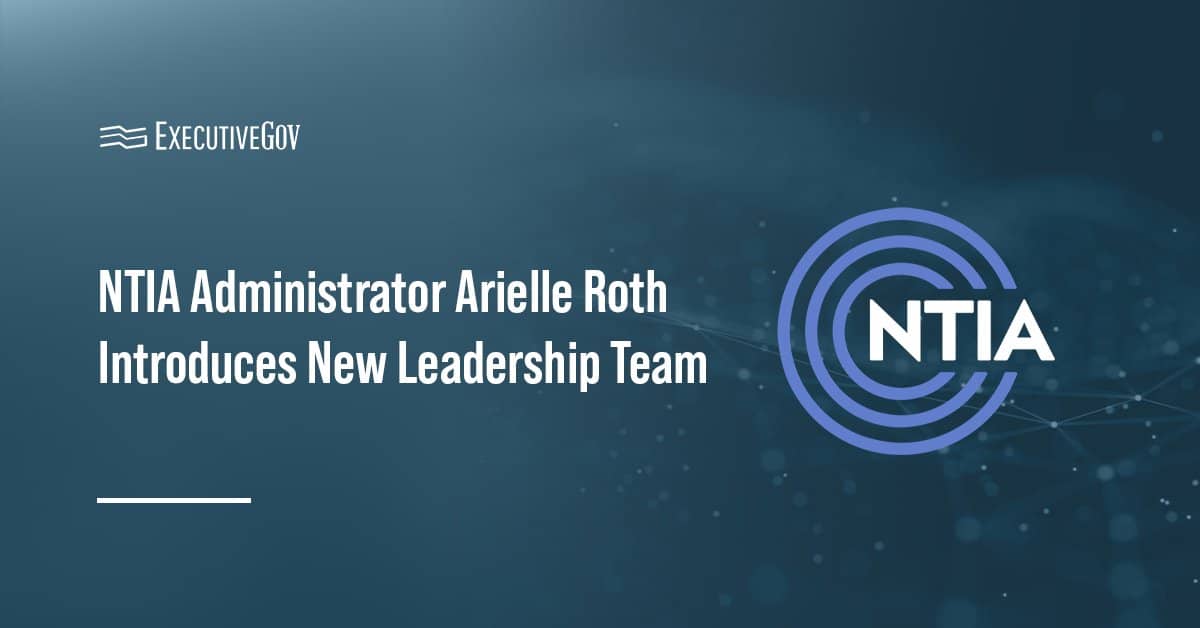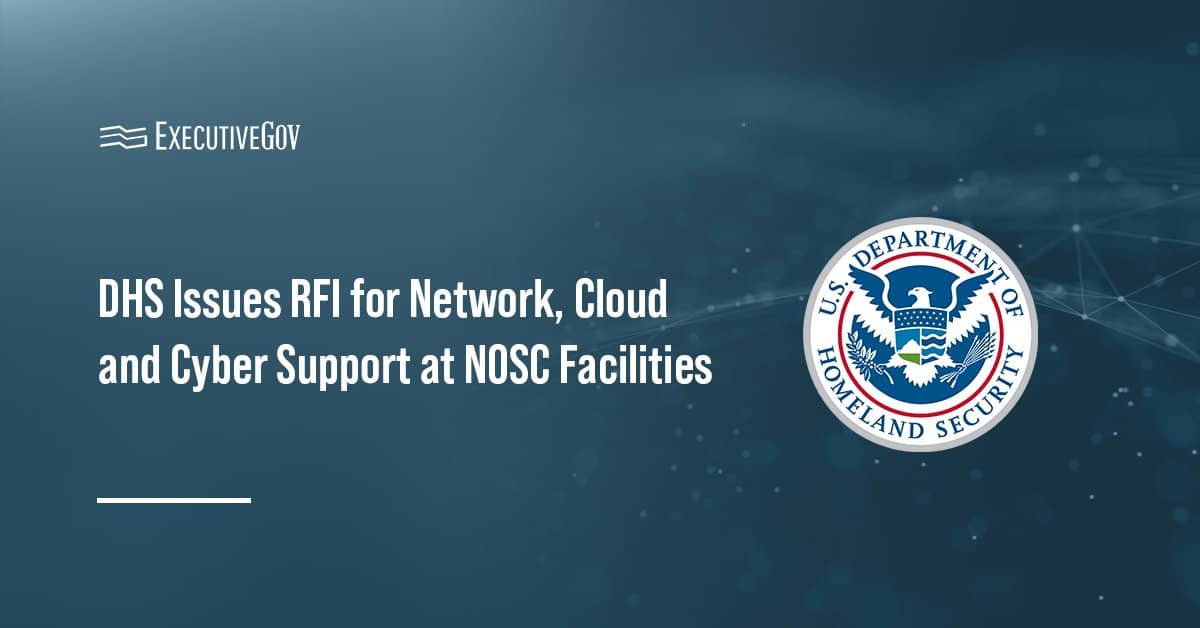The State Science and Technology Institute (SSTI) has been selected by the National Institute of Standards and Technology (NIST) to recommend evidence-based approaches on how a national public-private partnership that supports small and medium manufacturing companies can align itself with partner organizations.
Under a $5 million grant award, SSTI will explore strategies to increase collaboration between the NIST Manufacturing Extension Partnership, MEP Centers and other stakeholders at the state level, the agency said Tuesday.
The Westerville, Ohio-based nonprofit aims to facilitate activities that can help the centers and partners engage with policymakers and gain access to the nonpartisan public information about stakeholder efforts.
NIST awarded the funds under its 2021 NIST MEP State Partnership notice of funding opportunity. The five-year period of performance will run through June 2026.





